Description
Pachysandra coriacea by William Jackson Hooker printed on a Hoodie
About the Hoodie
Modern fit
It provides a more tailored look than a regular fit
Comfortable
The fabric and fit of this item are extra comfy
Tear-away tag
Easily removable tear-away tag that allows you to add a custom inside label
Premium quality
The product is made from premium, high-quality materials
Classic unisex hoodie with a front pouch pocket and matching flat drawstrings. The 100% cotton exterior makes this hoodie soft to the touch.
- 65% ring-spun cotton, 35% polyester
- Charcoal Heather is 60% ring-spun cotton, 40% polyester
- Carbon Grey is 55% ring-spun cotton, 45% polyester
- 100% cotton face
- Fabric weight: 8.5 oz./yd.² (288.2 g/m²)
- Front pouch pocket
- Self-fabric patch on the back
- Matching flat drawstrings
- 3-panel hood
- Tear-away tag
William Jackson Hooker (1785 – 1865)
Sir William Jackson Hooker was an English botanist and botanical illustrator, who became the first director of Kew when in 1841 it was recommended to be placed under state ownership as a botanic garden. At Kew he founded the Herbarium and enlarged the gardens and arboretum. The standard author abbreviation Hook. is used to indicate this person as the author when citing a botanical name.
Hooker was born and educated in Norwich. An inheritance gave him the means to travel and to devote himself to the study of natural history, particularly botany. He published his account of an expedition to Iceland in 1809, even though his notes and specimens were destroyed during his voyage home. He married Maria, the eldest daughter of the Norfolk banker Dawson Turner, in 1815, afterwards living in Halesworth for 11 years, where he established a herbarium that became renowned by botanists at the time.
He held the post of Regius Professor of Botany at Glasgow University, where he worked with the botanist and lithographer Thomas Hopkirk and enjoyed the supportive friendship of Joseph Banks for his exploring, collecting and organising work. in 1841 he succeeded William Townsend Aiton as Director of the Royal Botanic Gardens, Kew. He expanded the gardens at Kew, building new glasshouses, and establishing an arboretum and a museum of economic botany. Among his publications are The British Jungermanniae (1816), Flora Scotica (1821), and Species Filicum (1846–64).
He died in 1865 from complications due to a throat infection, and was buried at St Anne’s Church, Kew. His son, Joseph Dalton Hooker, succeeded him as Director of Kew Gardens.

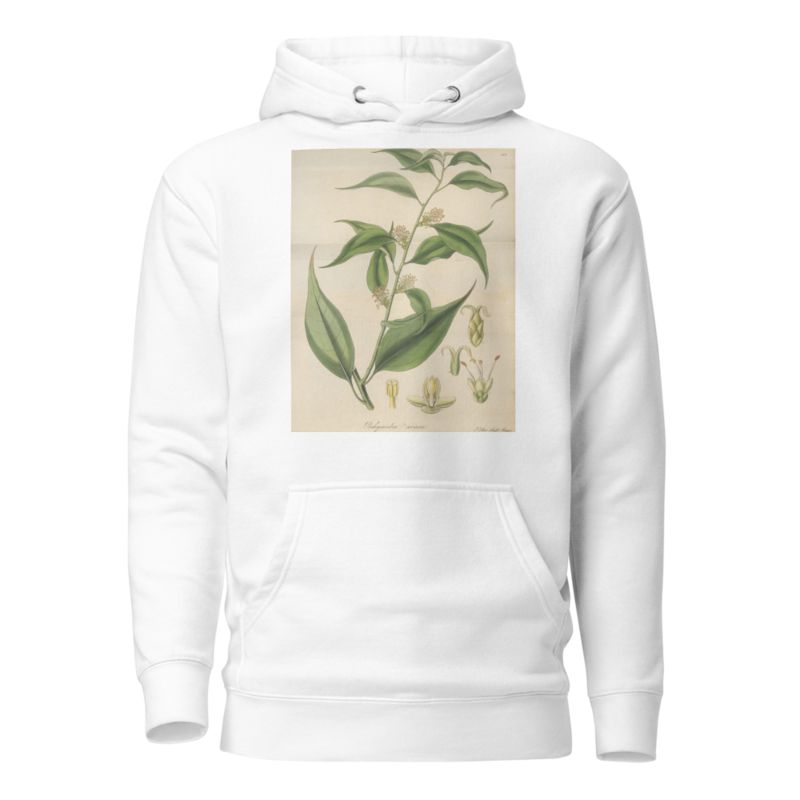
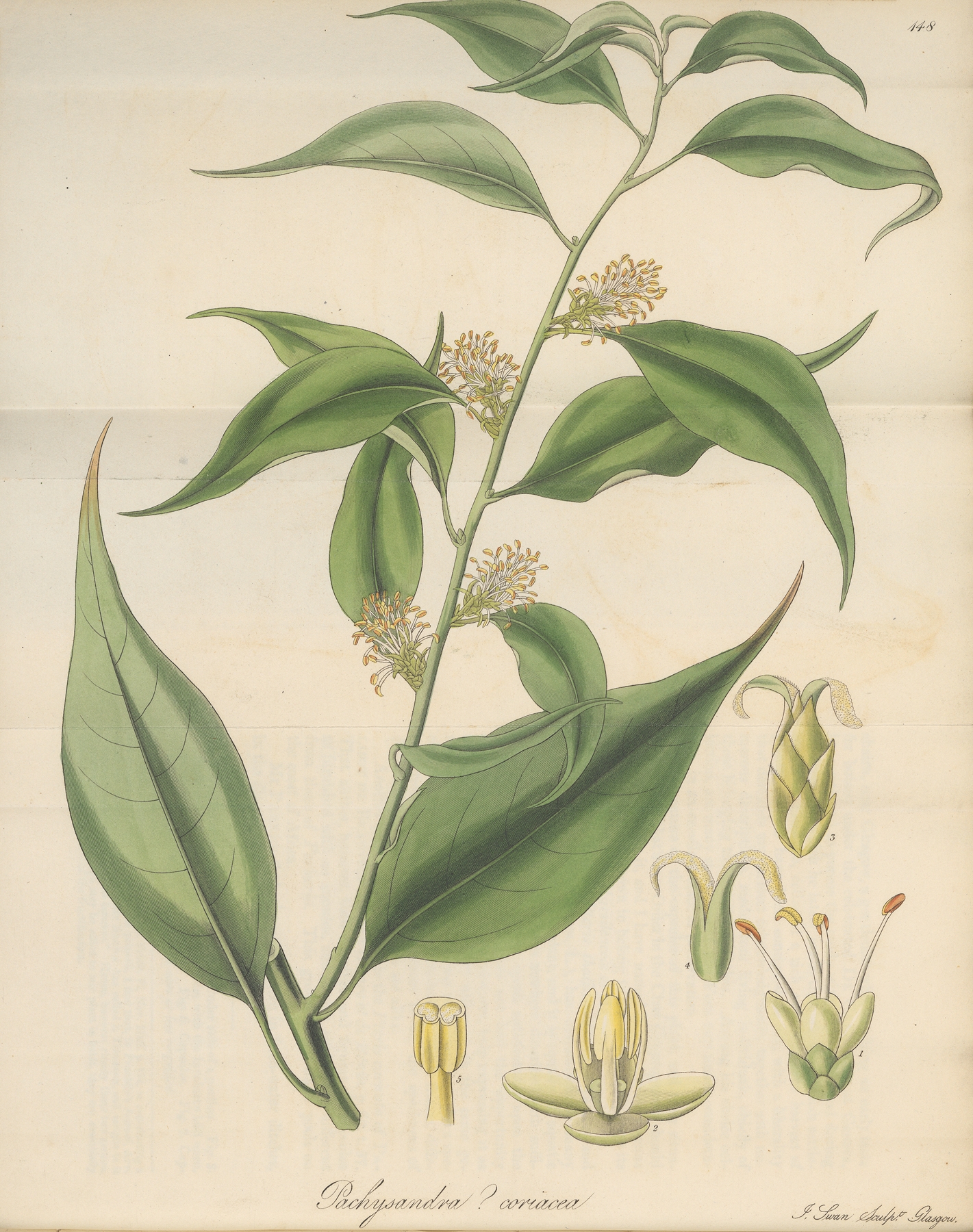
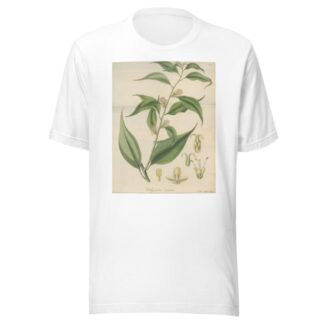
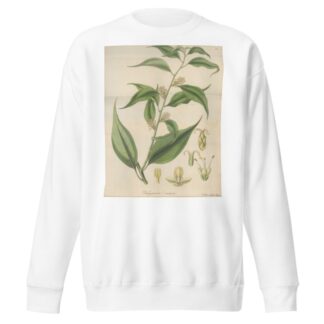
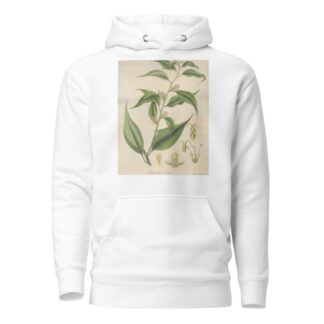
Reviews
There are no reviews yet.